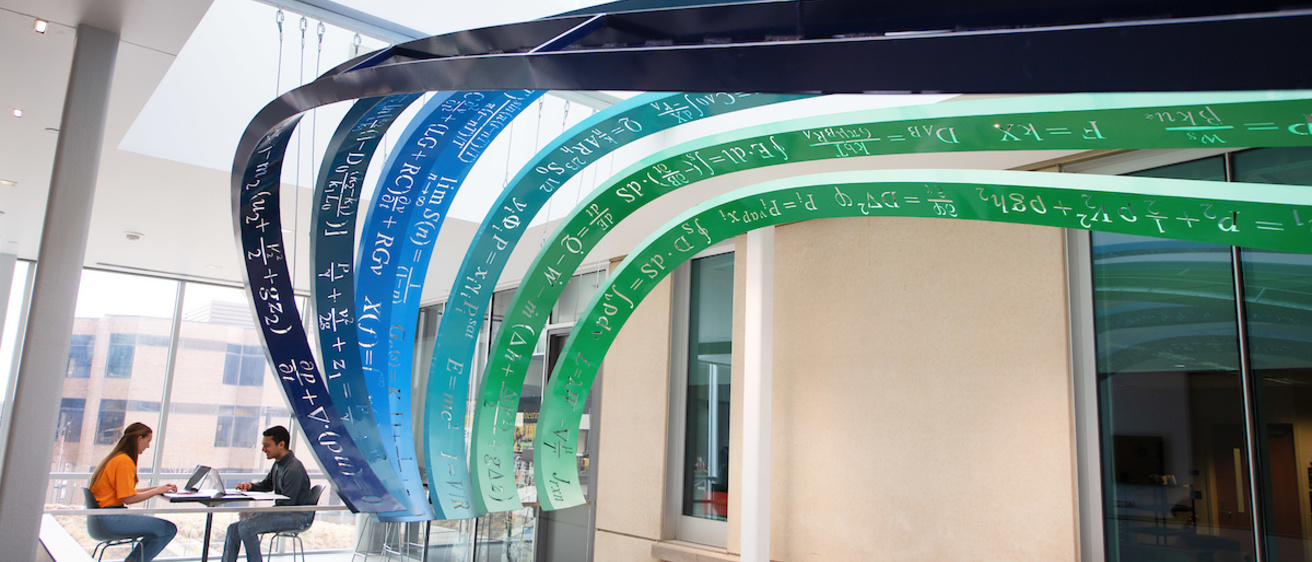Courses
BME:5421 Cell and Material Interactions
Cells must interact with materials in order for the body to properly function. In vivo, cells are attached to the extracellular matrix of the tissue. The nature of these attachments regulates cell activity and allows the tissue to function in its physiological capacity. In addition, the development of new medical treatments and biological-based technologies requires a firm understanding of cell and material interactions with implanted and other non-native materials. This course examines current knowledge of cell and material interactions as they pertain to biomaterial science and the mechanobiology of native and engineered tissues.
BME: 5430 Biotransport
Energy, mass, and momentum transport in living systems; processes essential for understanding how physiological systems function from molecular level through scale of tissues and organs; fluid mechanics and physiological flows, mass transport, biochemical kinetics and reactions, bioheat transfer; conservation laws; various biological applications.
BME: 5441 Numerical and Statistical Methods in Biomedical Engineering
Mathematics and computation as indispensable tools needed to model and explain complex phenomena relevant to biomedical engineering problems; introduction to concepts from linear algebra, differential equations, probability and statistics, nonlinear model regression, optimization, numerical integration, and other numerical methods, all using Matlab.
BME: 4314 Synthetic Biology Laboratory
Introduction to theory and practice of large-scale design goals of synthetic biology in which various types of DNA instructions, known from decades of research and discovery on specific biological systems, are taken out of context and used to execute various novel tasks designed to solve real-world problems; basic laboratory instruction in standardized construction techniques for stringing together off-the-shelf DNA components that are then introduced into organisms capable of executing the instructional set; controlled experiments to investigate the degree of variability exhibited by engineered genetic constructs.
